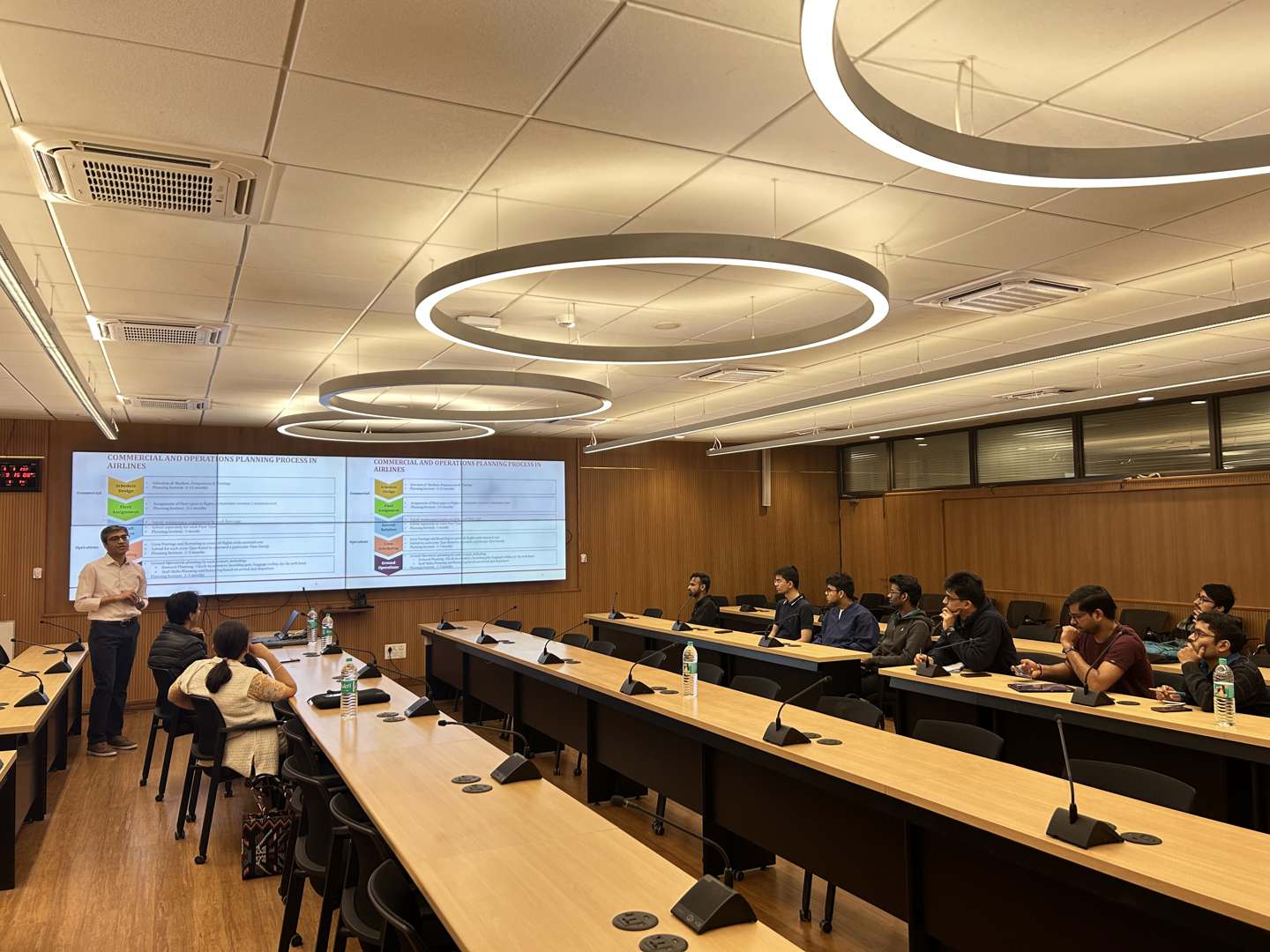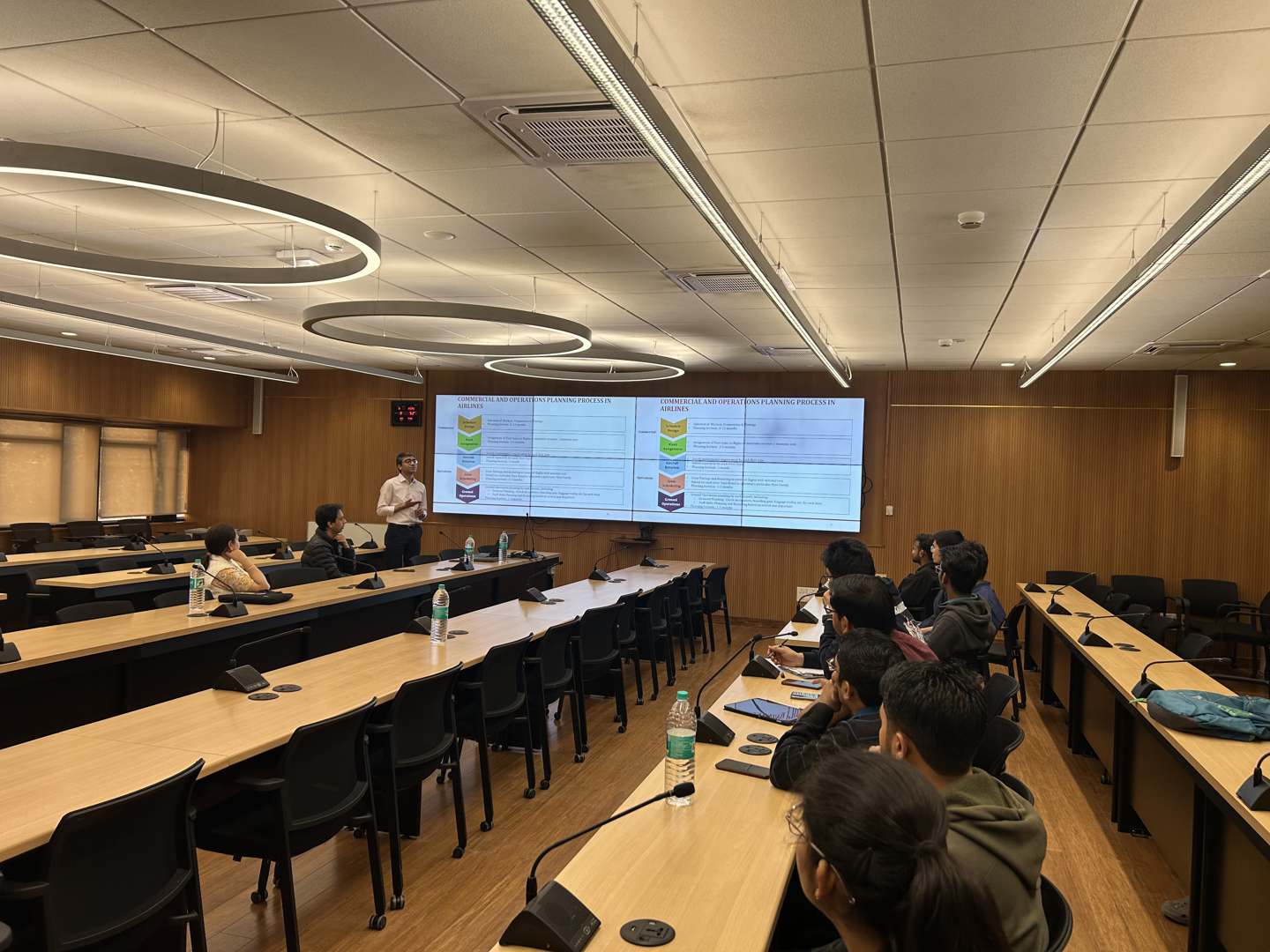Scheduling in the airline industry is a highly complex task that balances passenger demand, fleet assignment, crew management, and maintenance planning under strict cost and regulatory constraints. Airlines use mathematical models such as integer programming, network flow models, stochastic approaches, and robust optimization to design efficient schedules that maximize resource utilization and minimize delays. However, because real-world airline networks are extremely large and dynamic, exact optimization is often impractical. This is where heuristics—like greedy methods, local search, decomposition strategies, and metaheuristics such as Genetic Algorithms and Tabu Search—play a crucial role by providing fast, near-optimal solutions. Together, scheduling models and heuristics enable airlines to plan routes, assign aircraft, schedule crews, and recover quickly from disruptions such as delays or cancellations. They also help integrate dynamic pricing, improve customer satisfaction, and support sustainability by reducing fuel consumption and emissions. In summary, effective airline scheduling is a blend of mathematical rigor and practical flexibility, ensuring safe, timely, and cost-efficient operations in a highly competitive global industry.
Dr. Garg, an alumnus of IIT Delhi, earned his Ph.D. from IIM Lucknow and has made remarkable contributions to the aviation industry. His vast knowledge and experience will provide valuable insights and enrich us all.

